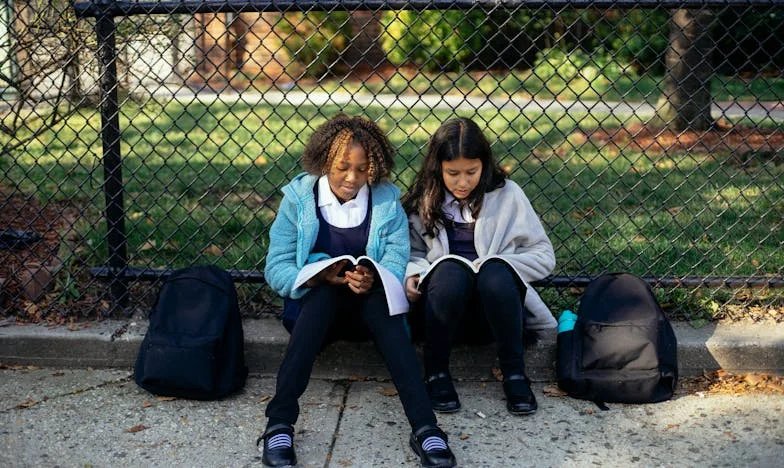The Crucial Role of Play in Child Development: Insights and Real-Life Examples
The Crucial Role of Play in Child Development: Insights and Real-Life Examples
In the realm of child development, the importance of play cannot be overstated. It is through play that children learn to interact with their world, understand social norms, develop cognitive skills, and grow physically. The benefits of play are multifaceted, impacting various aspects of a child’s development. Let’s explore these benefits through the experiences of Jackson, James, Richard, Ella, Zoey, and Brooke.
Physical Development
For young Jackson, playing on the playground is more than just fun. Climbing up the ladder and sliding down the slide, he’s not only enjoying himself but also enhancing his motor skills, coordination, and balance. Similarly, when James and Richard engage in a game of tag, they are not just burning off energy. They are improving their physical fitness, agility, and reaction times, crucial components of physical development.
Cognitive Development
Play is also a critical driver of cognitive development. When Ella and Zoey engage in pretend play, running a ‘café’ where they serve their ‘customers’ with leaves and mud pies, they are not just playing. They are developing critical thinking and problem-solving skills, understanding cause and effect, and expanding their imagination and creativity. These cognitive skills are foundational for academic success and problem-solving in real-life situations.
Emotional and Social Development
Brooke, who loves to play board games with her family, is learning more than just the rules of the game. She is learning to take turns, understand the importance of fair play, and how to manage her emotions, whether in victory or defeat. These experiences are invaluable in teaching children about empathy, cooperation, and dealing with frustrations, which are essential for emotional regulation and social interaction.
Real-Life Examples
Consider the case of Ella, who was initially shy and struggled with verbal communication. Through role-playing games with her peers, she gradually became more articulate and confident in expressing herself. This transformation underscores the role of play in enhancing communication skills and self-esteem.
Similarly, Zoey, who faced challenges in focusing on tasks, found a constructive outlet in puzzles and building blocks. These activities not only held her attention but also improved her concentration and patience, demonstrating how play can positively influence attention span and perseverance.
Conclusion
The examples of Jackson, James, Richard, Ella, Zoey, and Brooke illustrate the profound impact of play on child development. It is through play that children learn to navigate the complexities of the world around them, developing physically, cognitively, emotionally, and socially. As parents, educators, and psychologists, it is crucial to encourage and facilitate play, recognizing its invaluable role in shaping the well-rounded individuals of tomorrow.
In conclusion, play is not just a leisure activity; it is a vital educational tool that equips children with the skills they need to succeed in life. By understanding and promoting the importance of play, we can ensure that children like Jackson, James, Richard, Ella, Zoey, and Brooke reach their full potential, ready to face the challenges and opportunities that lie ahead.
